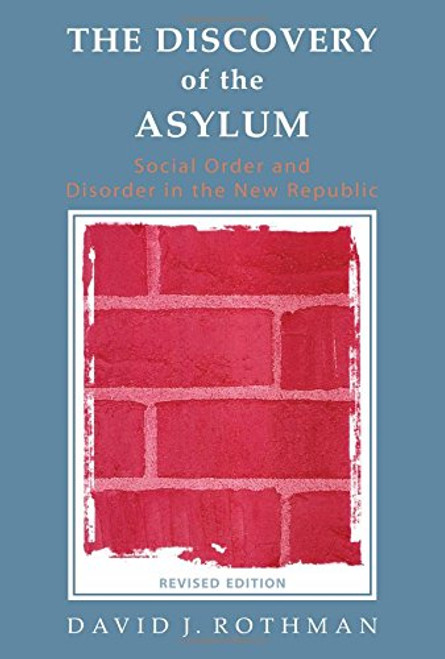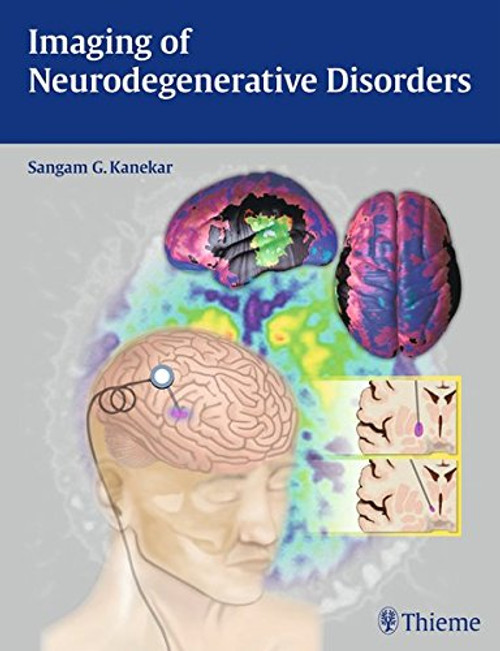Product Overview
Francisco Goya has been widely celebrated as the most important Spanish artist of the late-eighteenth and early nineteenth centuries, the last of the old masters and the first of the moderns, and an astute observer of the human condition in all its complexity. The many-layered and shifting meanings of his work have made him one of the most studied artists in the world. Few, however, have made the ambitious attempt to explore his work as a painter, printmaker and draftsman across media and the timeline of his life. This book does just that, presenting a comprehensive and integrated view of Goya's most important paintings, prints, and drawings through the themes and imagery that continually challenged or preoccupied the artist. They reveal how he strove relentlessly to understand and describe human behavior and emotional states, even at their most orderly or disorderly extremes, in elegant and incisive portraits, dramatic and monumental history paintings, and series of prints and drawings of a satirical, disturbing and surreal nature. Derived from the research for the largest Goya art exhibition in North America in a quarter-century, this book takes a fresh look at one of the greatest artists in history by examining the fertile territory between the two poles that defined the range of his boundlessly creative personality.
Francisco Jos Goya y Lucientes (17461828) was born in Fuendetodos, Aragn, in the northeast of Spain. Goya was court painter to the Spanish Crown, and famously documented the Peninsular War (18071814) between France and Spain in his harrowing Disasters of War series. An important bridge to the modernist era, Goya's oeuvre provided a crucial precedent for artists such as Manet, Picasso and Francis Bacon.










